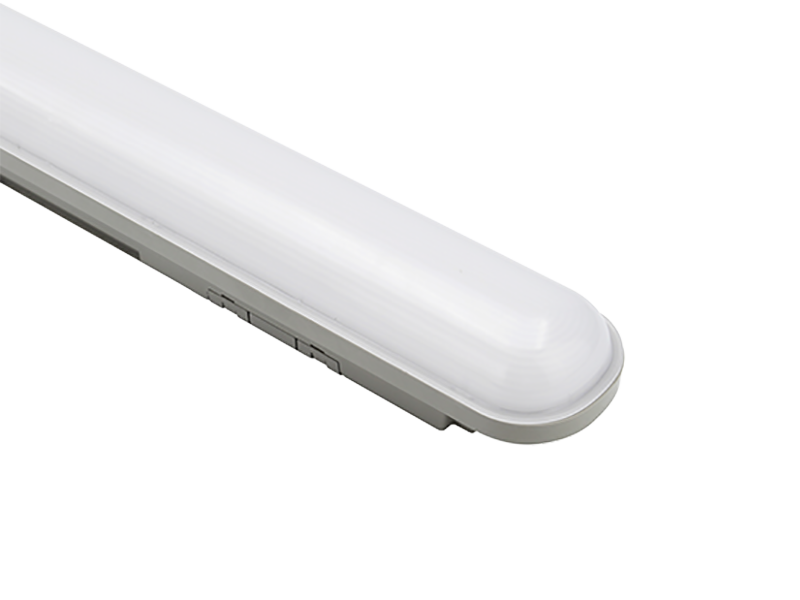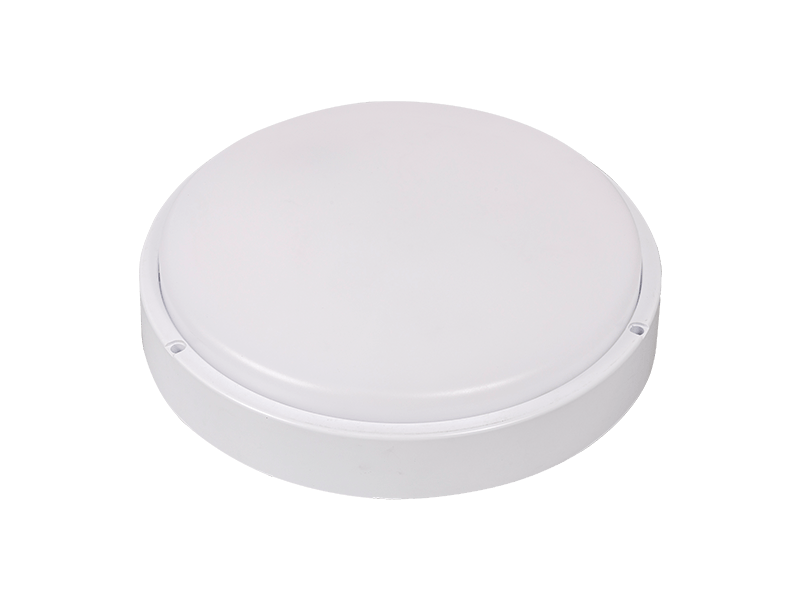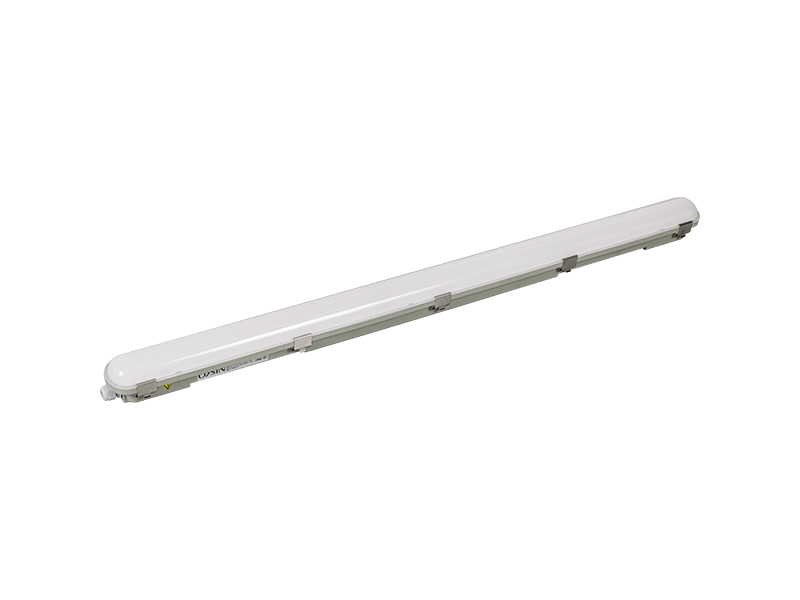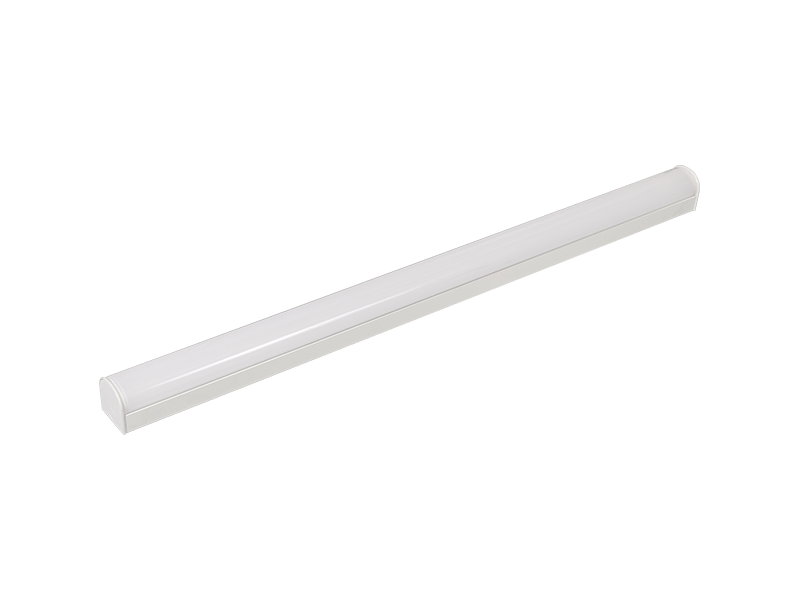Brass plumbing fittings exhibit corrosion resistance due to the specific properties of brass as a material and the way it reacts to various environmental factors. Several factors contribute to brass's ability to resist corrosion:
-
Composition: Brass is an alloy primarily composed of copper and zinc, with varying proportions of these elements. The addition of zinc to copper results in the formation of brass, which possesses enhanced corrosion-resistant properties compared to pure copper. The zinc content in brass forms a protective layer that inhibits the progression of corrosion.
-
Passivation: Brass undergoes a process known as passivation when exposed to air and moisture. This process involves the formation of a thin oxide layer on the surface of the brass. This oxide layer acts as a protective barrier, preventing further interaction between the metal and the surrounding environment, which could lead to corrosion.

-
Self-Healing: In the presence of minor scratches or abrasions on the surface, the passivation layer of brass can undergo a self-healing process. The exposed brass reacts with air and moisture to form a new protective oxide layer, sealing off the compromised area and preventing corrosion from spreading.
-
Zinc Sacrificial Protection: Zinc, a key component of brass, is more reactive than copper. When the brass surface is damaged or exposed to corrosive substances, the zinc in the alloy tends to corrode preferentially. This sacrificial corrosion of zinc protects the underlying copper and prevents it from corroding, thereby prolonging the life of the fitting.
-
pH and Water Chemistry: Brass's corrosion resistance can vary depending on the pH level and the chemical composition of the water it comes into contact with. In general, brass fittings tend to perform well in neutral or slightly alkaline water conditions. However, in extremely acidic or alkaline environments, the corrosion resistance may be compromised.
-
Alloy Variation: Different types of brass alloys are available, each with varying proportions of copper and zinc, as well as potential additives like lead. Some alloys are designed to offer enhanced corrosion resistance, making them suitable for specific applications, such as plumbing systems that transport potable water.
-
Maintenance: Proper installation, maintenance, and care can also contribute to the corrosion resistance of brass plumbing fittings. Avoiding abrasive cleaners or harsh chemicals that could damage the protective oxide layer, as well as promptly addressing any leaks or issues, can help maintain the fittings' corrosion resistance.
In summary, brass plumbing fittings' corrosion resistance stems from the alloy's composition, passivation process, self-healing capabilities, sacrificial protection of zinc, and compatibility with various water chemistries. These characteristics combine to make brass a reliable choice for plumbing systems, helping to extend the lifespan of fittings and maintain the integrity of the overall plumbing infrastructure.

 Search
Search English
English Español
Español












